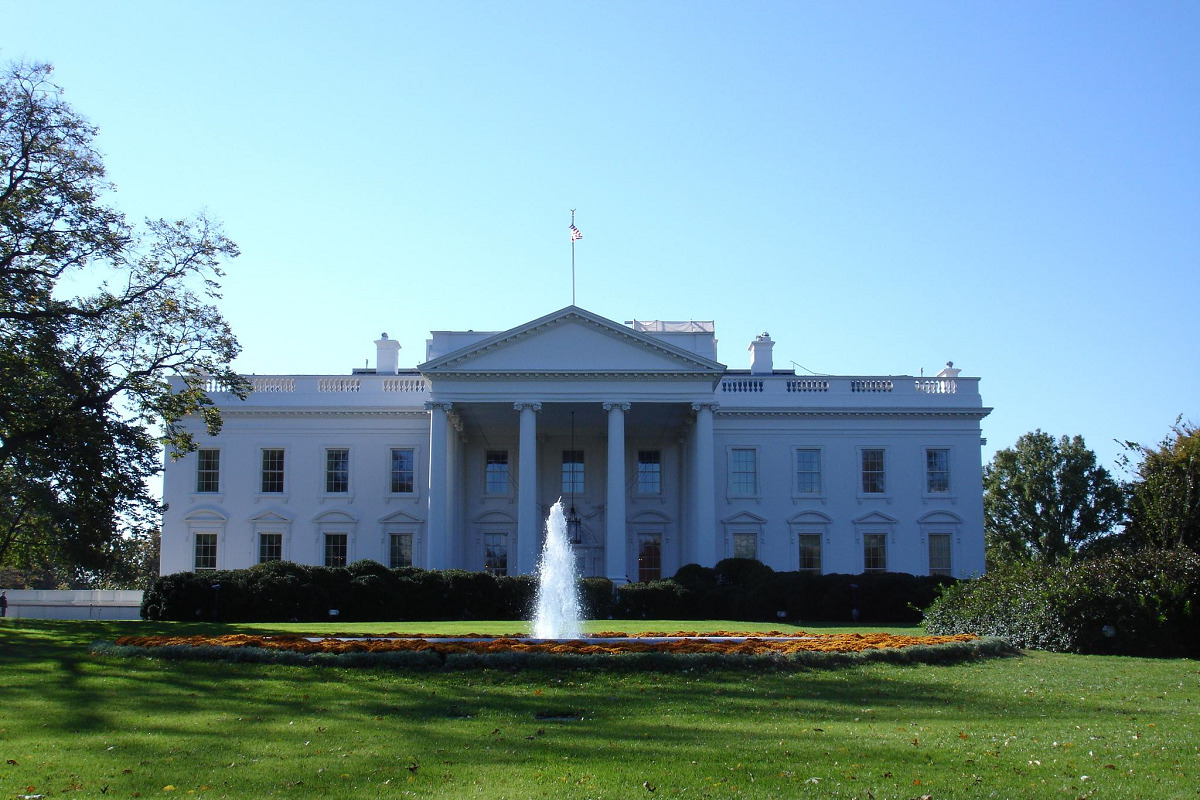According to data released on December 18 from BanklessTimes.com, the holdings of Bitcoin by the United States government have exceeded $8 billion, with expectations for further growth in the upcoming years.
The government confiscated Bitcoin from criminals and various entities for several years, a trend likely to persist into 2024. If the government maintains its current seizure rate, the estimated value will continue to rise, and its projected Bitcoin holdings could hit $10 billion by the end of 2024.
How the US Government Became a Big Player In Bitcoin Space
The American government has quietly taken on a significant role in the Bitcoin market, amassing roughly 215,000 BTC through law enforcement seizures since 2020. Crypto firm 21. co conducted meticulous data analysis, tracking the Bitcoin government wallet movements connected to the three most substantial BTC seizures since 2020.
These include the Silk Road seizure of 69,369 BTC in November 2020, the Bitfinex Hack seizure of 94,643 BTC in January 2022, and the James Zhong seizure of 51,326 BTC in March 2022. This scenario underscores the intricate relationship evolving between authorities and decentralized digital currencies.
The government’s Bitcoin reserves are primarily stored offline in encrypted hardware wallets maintained under the purview of the Justice Department and the Internal Revenue Service. Notably, the government executed two significant seizures in 2022.
Assets seized by the government don’t immediately become its property. The Marshals Service, tasked with selling seized property, only assumes possession of the seized Bitcoin following a definitive forfeiture judgment.
The government periodically sells some of the seized Bitcoins through an auction system based on court liquidation orders. A notable instance dates back to 2014 when billionaire Tim Draper acquired 30,000 BTC from auctions.
However, in recent years, the government opted to sell seized Bitcoin through crypto exchanges rather than traditional public auctions. A pivotal event unfolded on March 9th, reshaping its cryptocurrency portfolio. Approximately 49,000 Bitcoin associated with legal seizures underwent a sudden and noteworthy transfer. A complex sequence of transactions concluded with 9,860 BTC moving to a Coinbase account. The unexpected maneuver sparked discussions within the cryptocurrency community.
The government’s transfer of Bitcoin prompted intense curiosity. What motivations drove this significant yet strategic move? Observers are monitoring unfolding developments, sparking broader conversations about its potential impact.
The government’s recent actions in the cryptocurrency space have spotlighted the evolving dynamics between traditional authorities and the burgeoning digital asset domain. These maneuvers have sparked speculation and contemplation within the broader financial community.
Will this Trend Persist?
The government’s Bitcoin holdings stand poised for further growth, propelled by the absence of definitive crypto regulations that could lead authorities to escalate their seizure of digital assets.
Its active involvement in Bitcoin operations prompts questions about the evolving regulatory landscape for cryptocurrencies. Ongoing discussions about incorporating digital assets within conventional financial systems might gain momentum. Policymakers grapple with the dual task of nurturing innovation while shielding the government from associated risks.
The Governments With The Most Bitcoin Holdings
The Bulgarian and American governments are some of the top governmental holders of Bitcoins, possessing 213,519 and 215,000 BTC, respectively. Both governments acquired their Bitcoin through seizure operations, leading to ambiguity involving the precise figures and these holdings’ present status.
In addition, the Chinese government reportedly holds around 194,775 BTC at approximately $3.9 billion. The government seized the tokens in connection with the notorious PlusToken scam, a Ponzi scheme that siphoned between $2 billion to $2.9 billion at the time.








